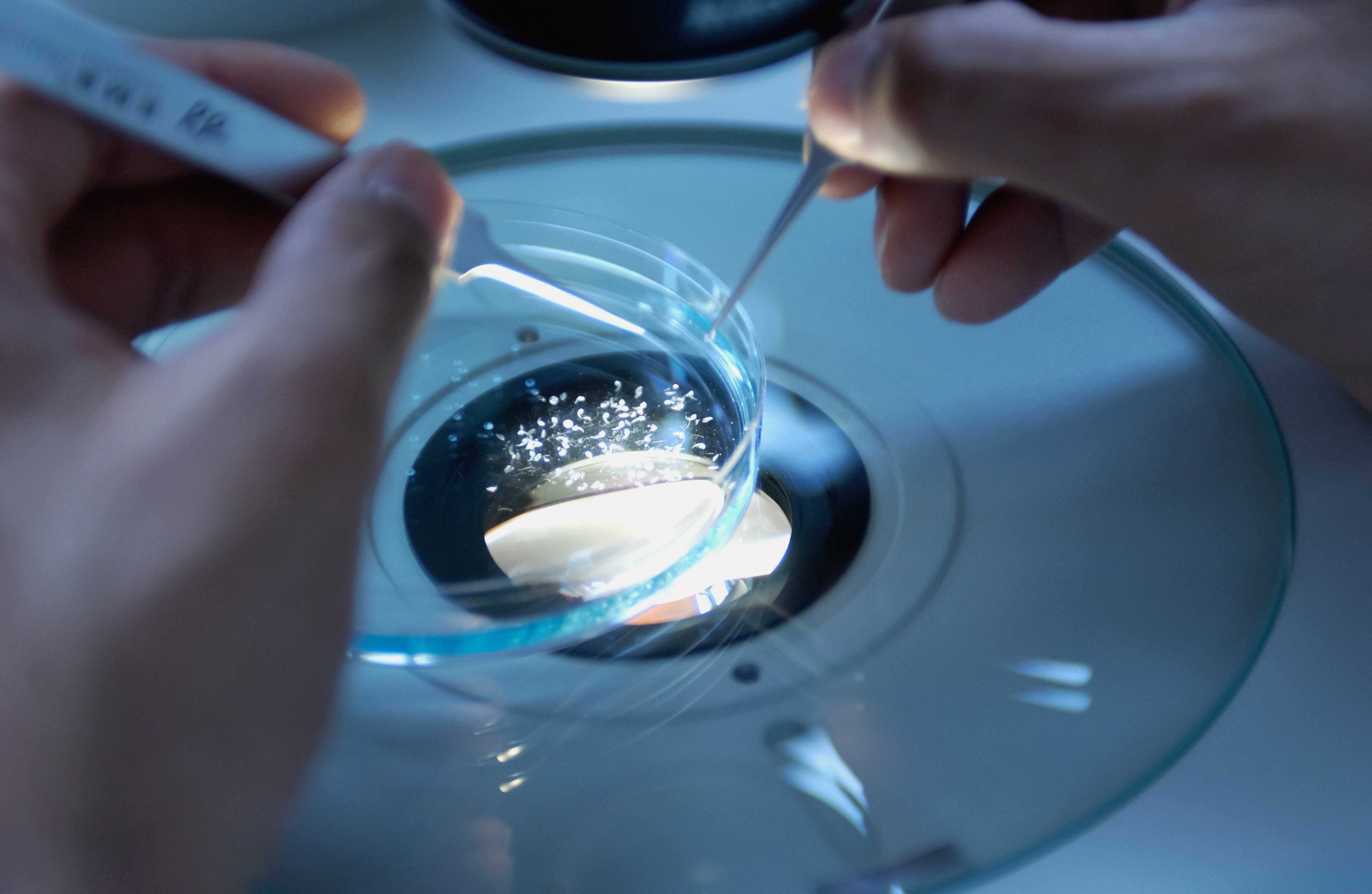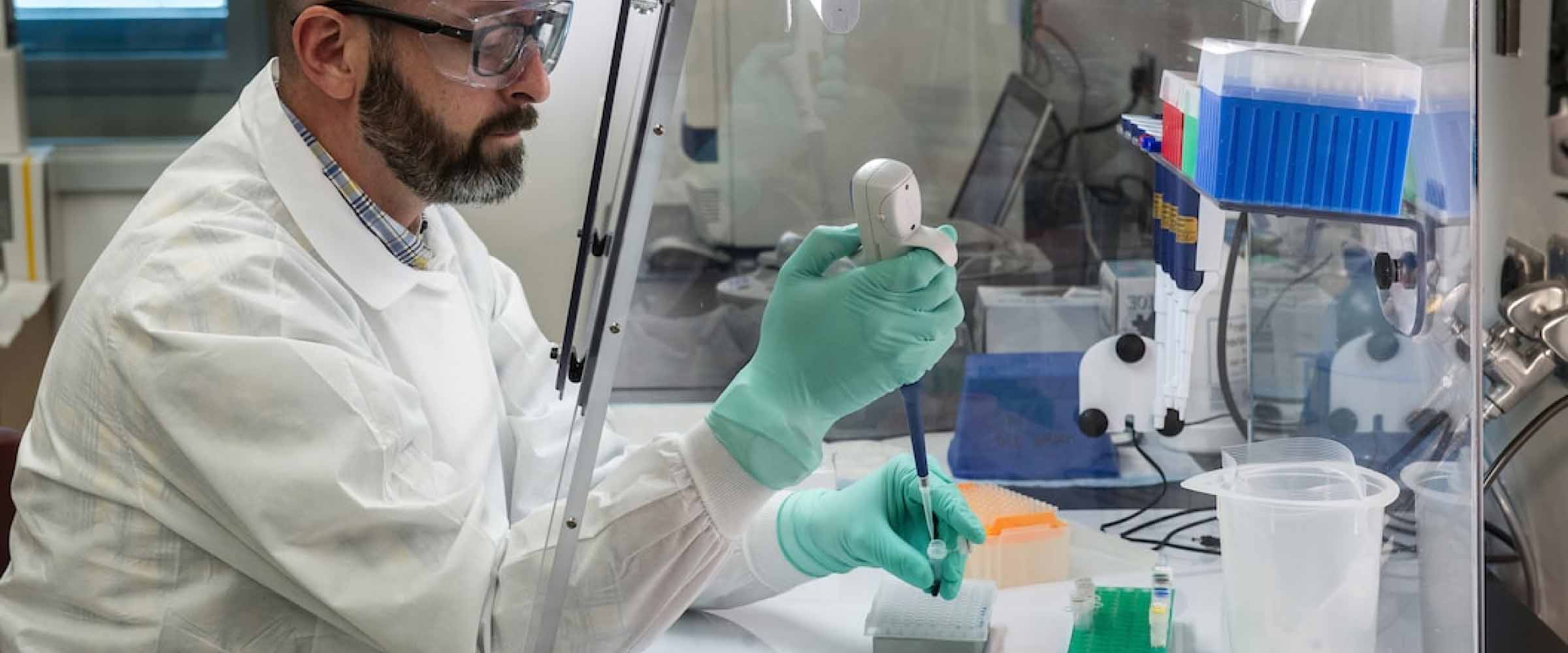SCIENTIST: Order me twenty-four B6 mice. Males and Females. Seven weeks of age.
PROCUREMENT: (Thinking to themselves) Same scientist, same number of mice from three months ago, I can just replicate the order.
(To Scientist) OK. When do you want them to arrive?
SCIENTIST: In two weeks.
TEN DAYS LATER
SCIENTIST: Where are my mice?
PROCUREMENT: You said you needed them in two weeks and it looks like the order's on track, they will be here by the end of the week.
SCIENTIST: I meant I needed to use them in two weeks.
THREE DAYS LATER
SCIENTIST: My mice arrived.
PROCUREMENT: Good. Is everything in order?
SCIENTIST: No, it's not what I needed. You ordered twelve males and twelve females, I needed six males and eighteen females.
PROCUREMENT: You needed twelve and twelve in your last order, three months ago. I assumed that was standard and just duplicated the order.
SCIENTIST: That was for a very different kind of study. The age is wrong, too. They're already seven weeks old, but I needed them to be in the study when they turned seven weeks.
PROCUREMENT: I'm sorry. Next time, we need to communicate better.
 We have all been on the giving or receiving end of a conversation like the one above. Effective communication is critical for success in scientific research. Communication is the basis for how science gets done and shared with researchers throughout the world in print and online journals.
We have all been on the giving or receiving end of a conversation like the one above. Effective communication is critical for success in scientific research. Communication is the basis for how science gets done and shared with researchers throughout the world in print and online journals. It follows, then, that improvements in communication will lead to improvements in quality and productivity. The above scenario did not support the 3Rs, it wasted money and time. Further, it probably degraded the relationship between the scientist and the procurement person, as each can plausibly blame the other for creating a stressful situation.
If effective communication is so important — and poor communication so costly — why do we often struggle to communicate clearly with our colleagues? In our fast-paced world, we are often in a hurry, looking for ways to squeeze one more thing into our already busy day. Perhaps because of this, our communication deteriorates and likely causes problems that we need to resolve, taking time away from more valuable endeavors.
Importance of Strong Communication
The PageGroup, an employee recruitment firm, provides five key reasons why you should pay attention to the importance of strong communication. It helps to build strong teams, improving morale and employee satisfaction, it gives everyone a voice, it drives innovation by enabling open communication of ideas, supports corporate and individual growth, and helps create strong management teams.They follow on with five ways you can improve your organizations communication skills. Start by defining goals and expectations; setting precise goals and letting employees know exactly what is expected of them. The method of communication is very important. You must decide if a face-to-face meeting, phone call or email serves as the best method to communicate your message.
Listening is also an important part of communication. Did an individual receive the message correctly, are they asking the correct questions, demonstrating a fundamental understanding of the message?
- Be clear
- Be concise
- Provide a compelling request
- Be curious
- Be compassionate
Commit to Effective Communication
Communication is like many other things we try to learn or improve. It takes focus and practice. Why not choose one of the attributes noted above and start working on that aspect of communication? Once you have made improvements, move on to the next one.Let's see how the above conversation might have turned out if both parties had incorporated effective communication techniques in their conversation:
SCIENTIST: Hi, how are you today?
PROCUREMENT: Very well, thanks for asking. How can I help you?
SCIENTIST: I need to order some mice for a study.
PROCUREMENT: No problem. What exactly do you need?
SCIENTIST: I need C57BL/6NTac mice, six males and eighteen females. They need to be seven weeks of age when I start my study.
PROCUREMENT: When do you need to start the study?
SCIENTIST: Three weeks from tomorrow, and the timing's pretty important.
PROCUREMENT: How long should they acclimate in our facility before you start your study?
SCIENTIST: Five days would be optimal.
PROCUREMENT: So, if they arrive at six weeks of age, two weeks from now, would that be okay?
SCIENTIST: Perfect! Thanks.
TWO WEEKS HAVE PASSED
SCIENTIST: Good morning! I just wanted to let you know that the mice are here and everything's in order. Perfect timing.
PROCUREMENT: My pleasure, glad I could help.


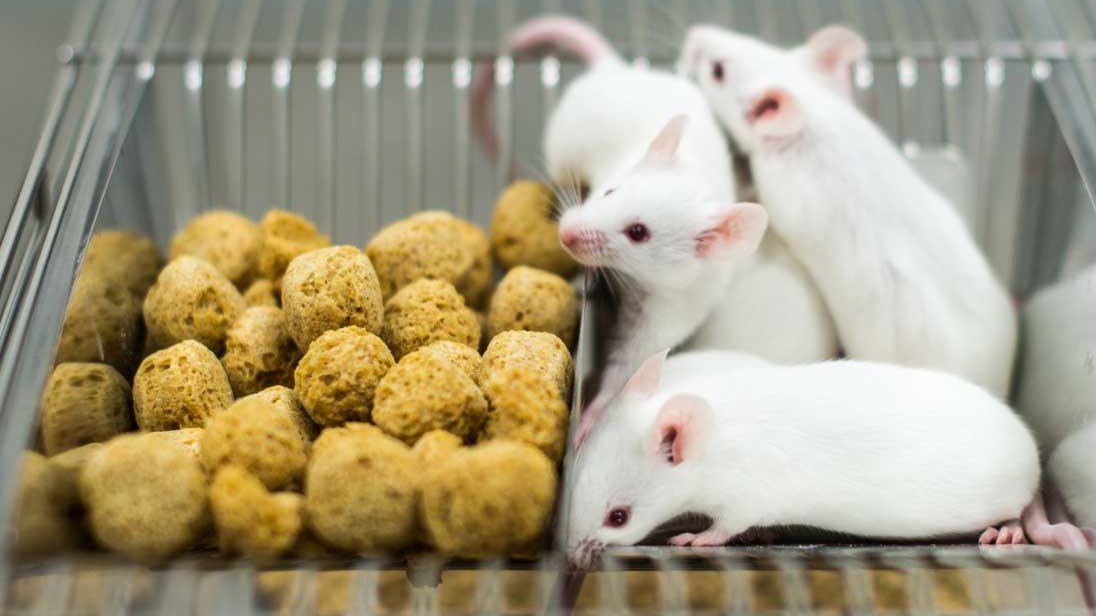
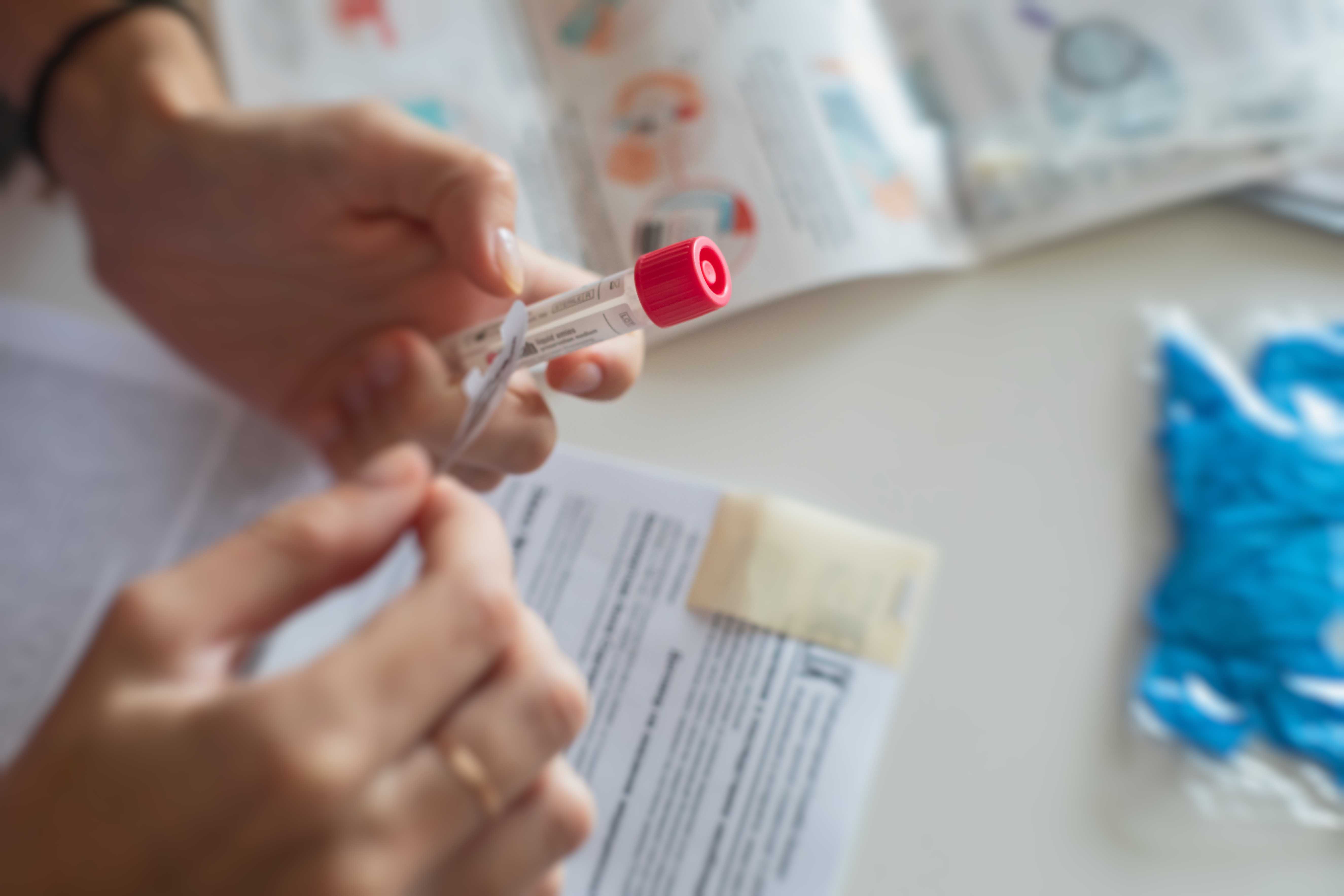


.jpg)

.jpg)
.jpg)
.jpg)
.jpg)
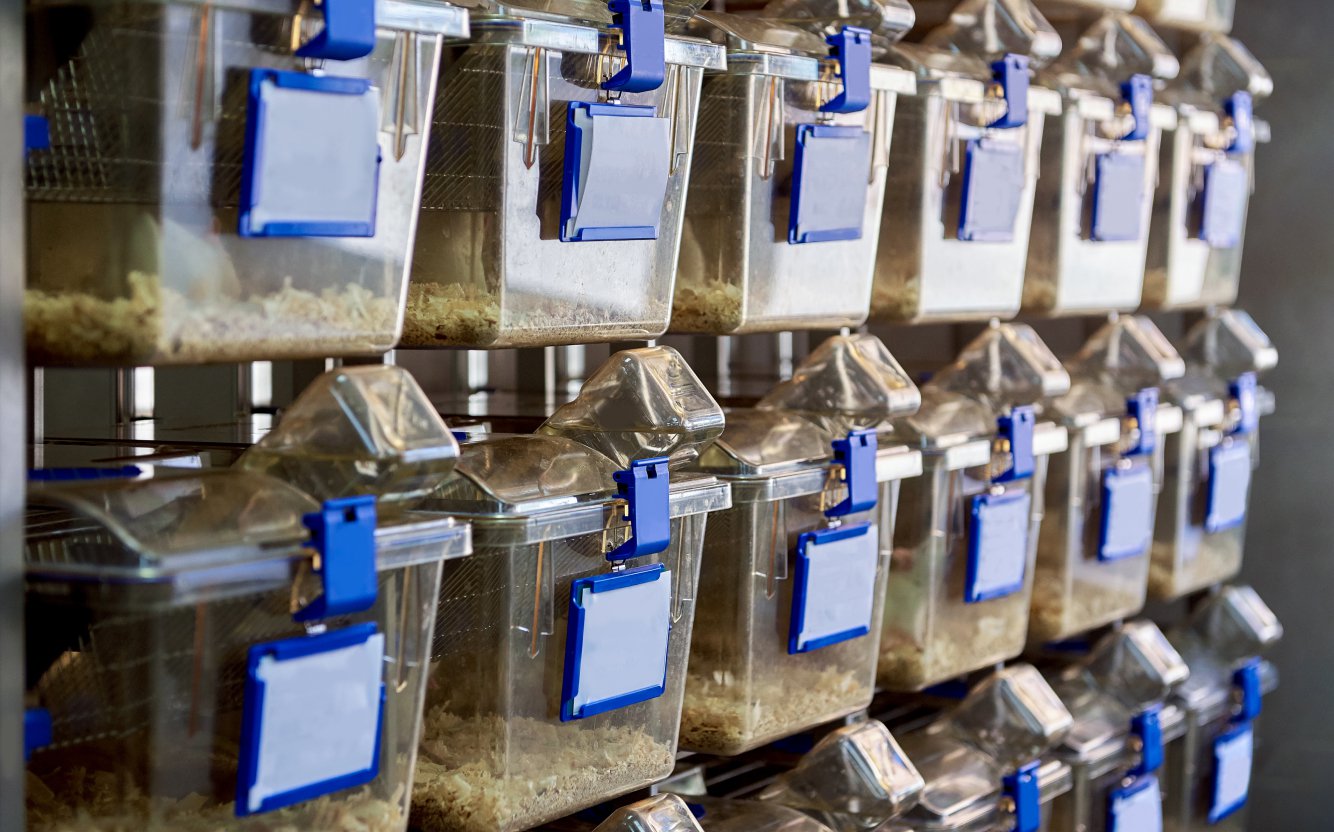

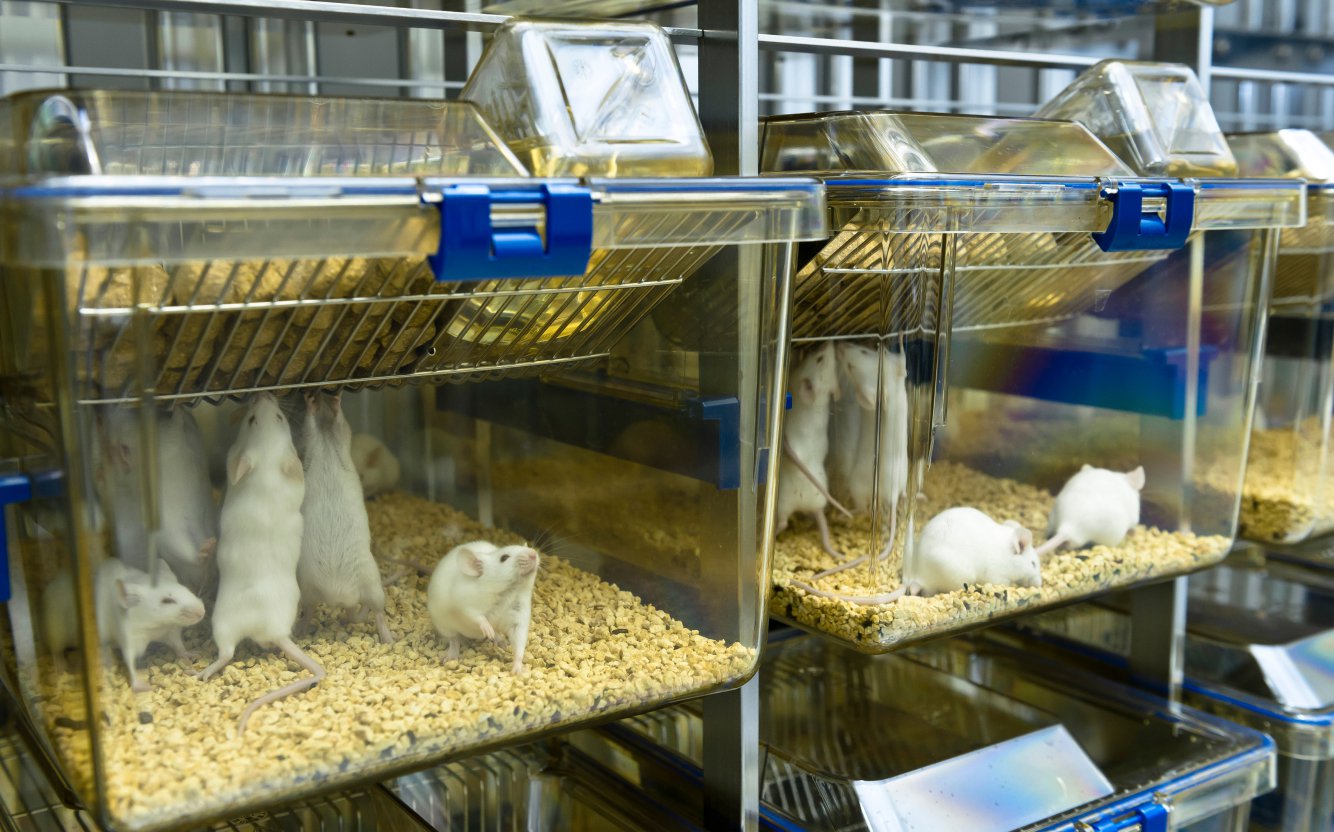

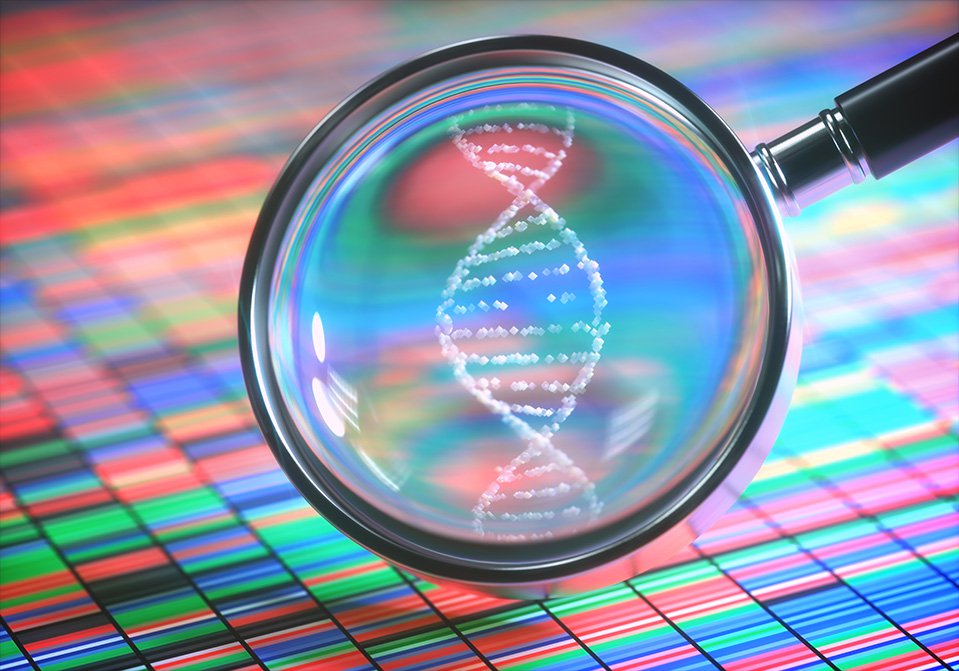
.jpg)
.jpg)


.jpg)



.jpg)


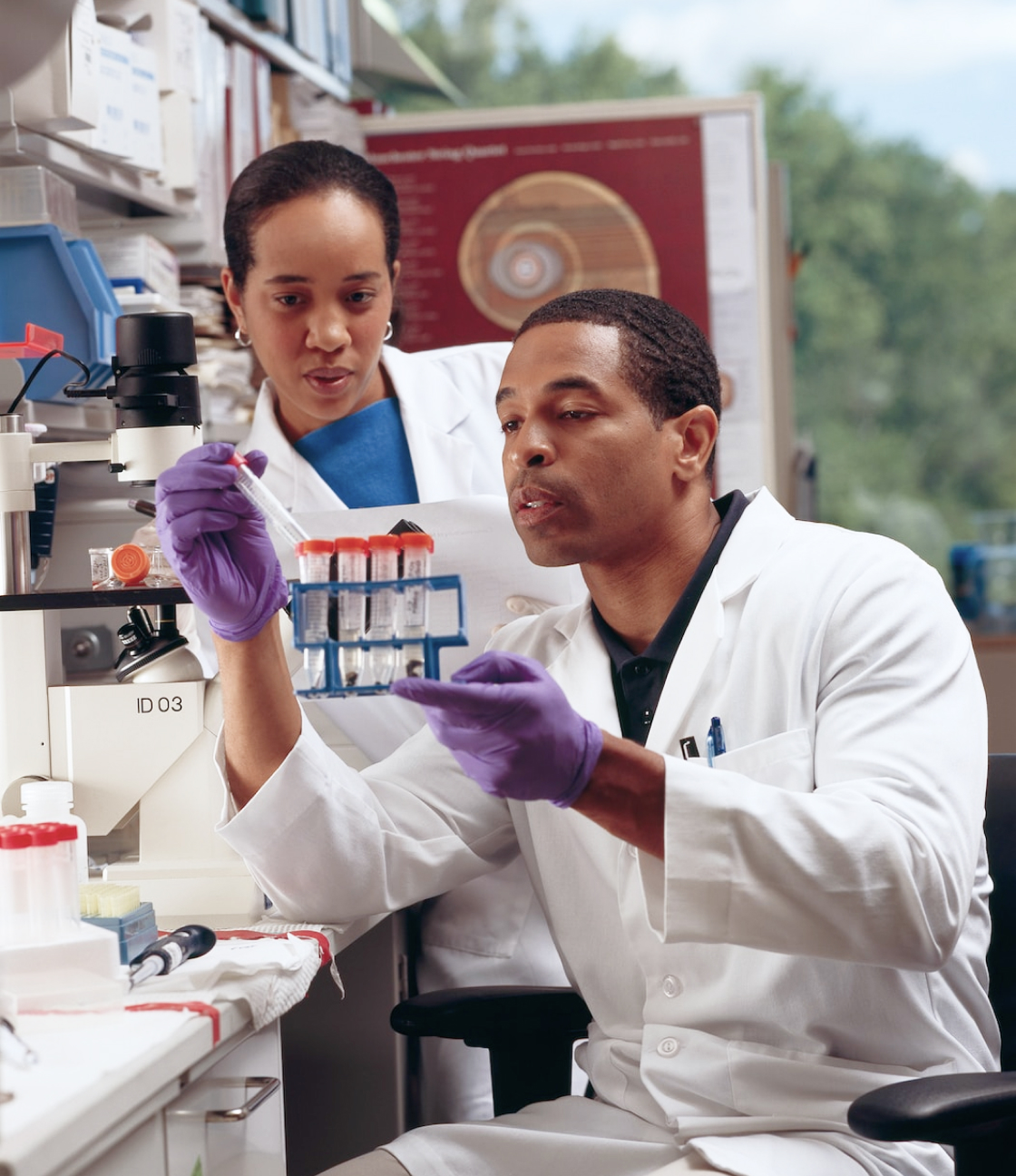
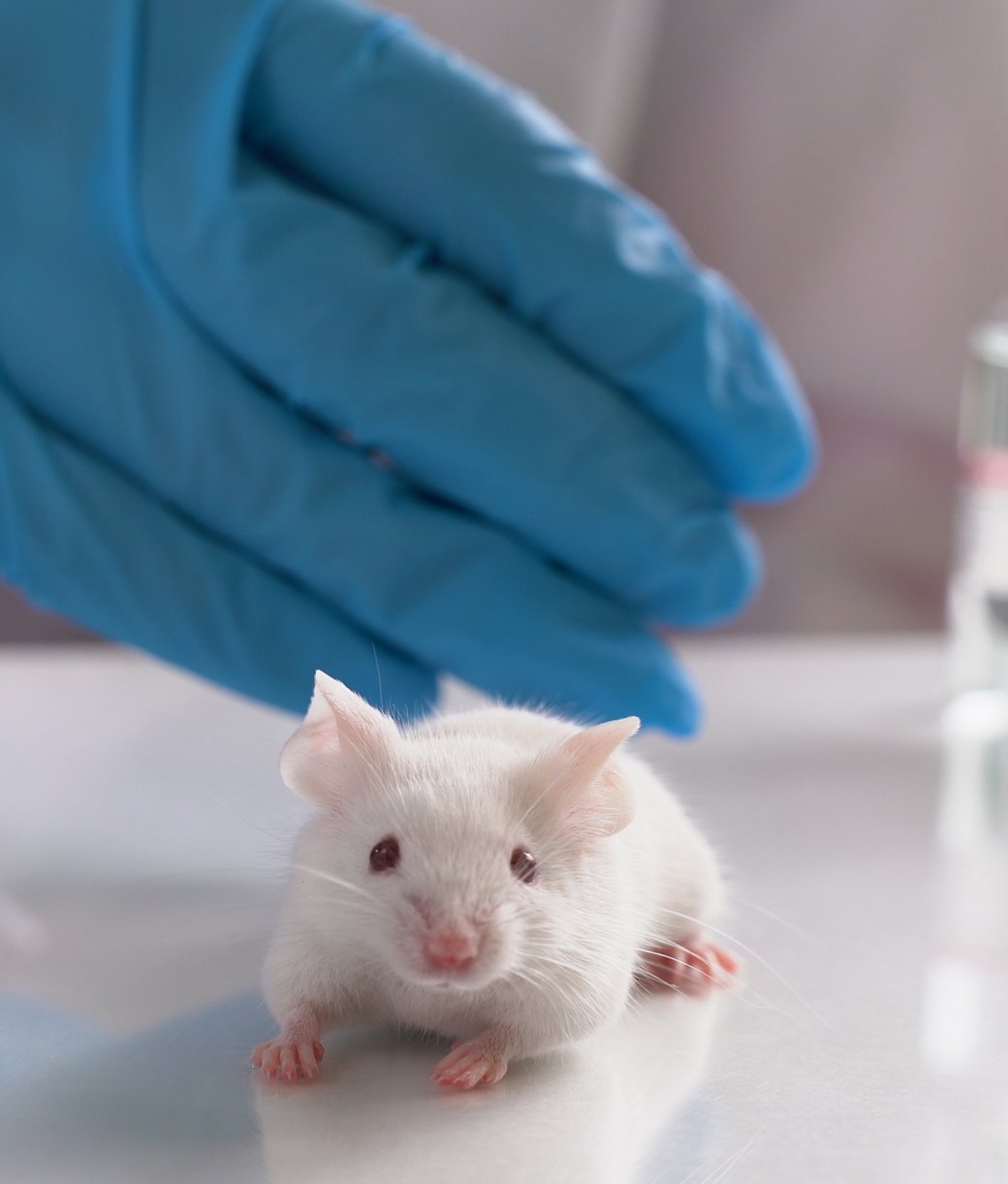
.jpg)

.jpg)
.jpg)
